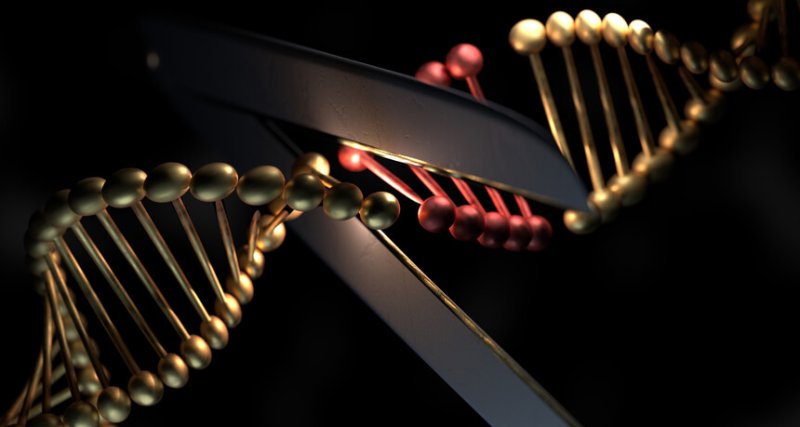A new paper points to a previously unknown hurdle for scientists racing to develop therapies using the revolutionary genome-editing tool CRISPR-Cas9: the human immune system.
In a study posted [January 5] on the preprint site bioRxiv, researchers reported that many people have existing immune proteins and cells primed to target the Cas9 proteins included in CRISPR complexes. That means those patients might be immune to CRISPR-based therapies or vulnerable to dangerous side effects — the latter being especially concerning as CRISPR treatments move closer to clinical trials.
But researchers not involved with the study said its findings, if substantiated, could be worked around…They also noted that scientists are already studying other types of CRISPR that use different proteins, which could stave off the immune responses.
…
The new study should not put the brakes on developing CRISPR therapies, agreed Dr. Matthew Porteus of Stanford, a senior author of the paper.
…
For the study, the researchers decided to check for immune signals against two of the most common types of Cas9 proteins used, those from the bacteria S. aureus (called SaCas9) and those from S. pyogenes (called SpCas9). In their samples of blood from 22 newborns and 12 adults, the scientists found that 79 percent of donors had immune proteins, called antibodies, against SaCas9, and 65 percent had antibodies against SpCas9.
Read full, original post: CRISPR hits a snag: Our immune systems may attack the treatment































